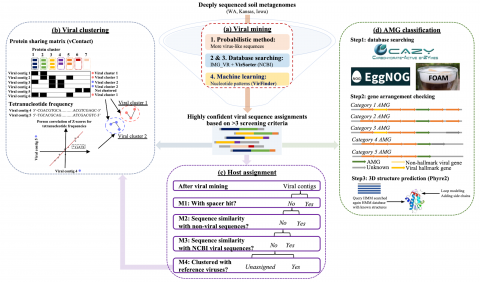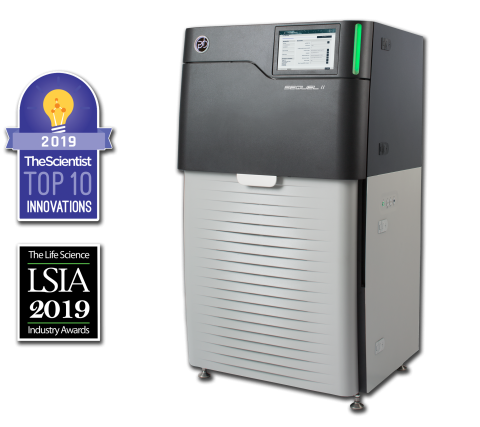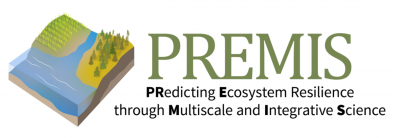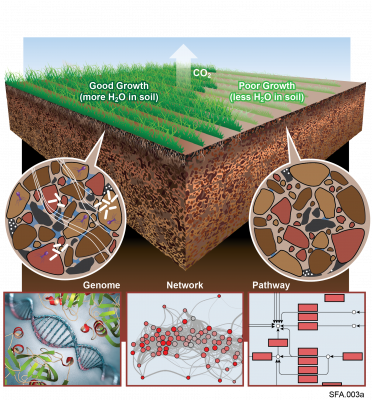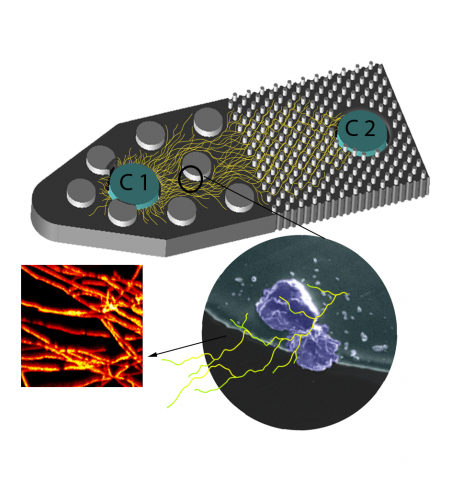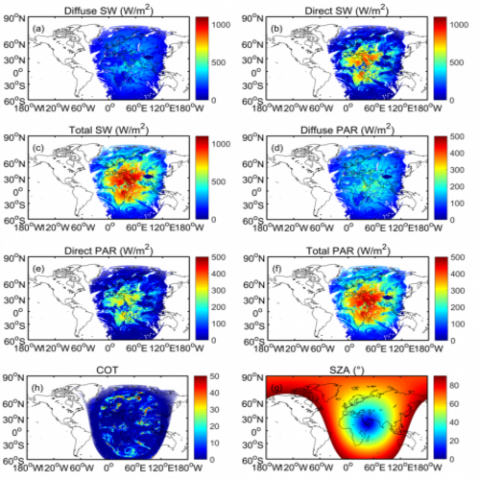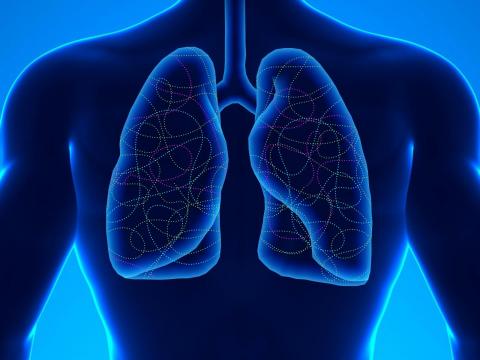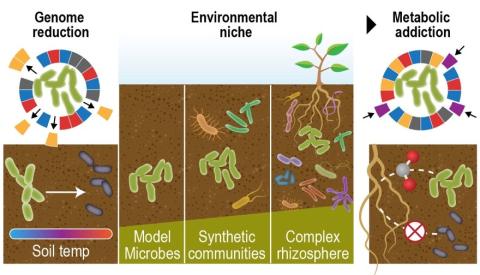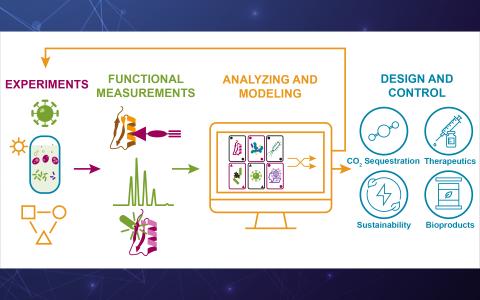Code pertaining to the Soil Microbiome SFA Project publication data visualizations 'DNA viral diversity, abundance and functional potential vary across grassland soils with a range of historical moisture regimes' for processing publication data downloads.
Filter results
Category
- (-) Earth System Science (24)
- (-) National Security (6)
- (-) Computational Mathematics & Statistics (3)
- Scientific Discovery (49)
- Biology (38)
- Human Health (20)
- Integrative Omics (15)
- Microbiome Science (10)
- Computational Research (9)
- Computing & Analytics (5)
- Data Analytics & Machine Learning (5)
- Energy Resiliency (3)
- Chemistry (2)
- Materials Science (2)
- Renewable Energy (2)
- Chemical & Biological Signatures Science (1)
- Coastal Science (1)
- Data Analytics & Machine Learning (1)
- Ecosystem Science (1)
- Energy Efficiency (1)
- Energy Storage (1)
- Solar Energy (1)
- Weapons of Mass Effect (1)
Tags
- Omics (15)
- Genomics (5)
- High Throughput Sequencing (5)
- Imaging (5)
- Mass Spectrometer (5)
- Proteomics (4)
- Sequencer System (4)
- Synthetic (4)
- Mass Spectrometry (3)
- Microscopy (3)
- Biological and Environmental Research (2)
- Mass spectrometry data (2)
- metabolomics (2)
- Spectroscopy (2)
- Climate Change (1)
- Data Analysis (1)
- DOE (1)
- EDX (1)
- Environmental Microbiome Science (1)
- Exhaled Breath Condensate (1)
- Genomic Sciences Program (1)
- Lipidomics (1)
- MALDI (1)
- Microbeam (1)
- Output Databases (1)
- SEM (1)
- ToF-SIMS (1)
- X-Ray Diffraction (1)
- XANES (1)
- XRF (1)
The Sequel II System Sequencer is a high-throughput DNA sequencer machine developed and manufactured by PacBio , and is designed for high throughput, production-scale sequencing laboratories. Originally released in 2015, the Sequel system provides Single Molecule, Real-Time (SMRT) sequencing core...
This data is a model of synthetic adversarial activity surrounded by noise and was funded by DARPA. The various versions include gradually more complex networks of activities.
Category
Datasets
1
The influence of tidal inundation dynamics on below ground carbon pools is poorly understood across coastal terrestrial-aquatic interface (TAI) ecosystems. The dynamic environmental conditions of tidally-influenced landscapes, the chemically complex nature of carbon compounds, the diverse nature of...
Category
Datasets
3
The Phenotypic Response of the Soil Microbiome to Environmental Perturbations Project (Soil Microbiome SFA) at Pacific Northwest National Laboratory is a Genomic Sciences Program Science Focus Area (SFA) Project operating under the Environmental Microbiome Science Research Area. The Soil Microbiome...
Datasets
23
The following R source code was used for plotting figures of the viral communities detected from three grasslands soil metagenomes with a historical precipitation gradient ( WA-TmG.2.0 , KS-TmG.2.0 , IA-TmG.2.0 ) from project publication 'DNA viral diversity, abundance and functional potential vary...
Category
Fusarium sp. DS682 Proteogenomics Statistical Data Analysis of SFA dataset download: 10.25584/KSOmicsFspDS682/1766303 . GitHub Repository Source: https://github.com/lmbramer/Fusarium-sp.-DS-682-Proteogenomics MaxQuant Export Files (txt) Trelliscope Boxplots (jsonp) Fusarium Report (.Rmd, html)...
This data is a model of synthetic adversarial activity surrounded by noise and was funded by DARPA. The various versions include gradually more complex networks of activities.
Category
Datasets
1
Category
Datasets
1
Category
Datasets
1
Category
Datasets
54
Datasets
1
Last updated on 2023-02-23T19:37:46+00:00 by LN Anderson PerCon SFA Project Publication Experimental Data Catalog The Persistence Control of Engineered Functions in Complex Soil Microbiomes Project (PerCon SFA) at Pacific Northwest National Laboratory ( PNNL ) is a Genomic Sciences Program...
Datasets
3
Category
Datasets
1
Predictive Phenomics is addressing the grand challenge of understanding and predicting phenotype by identifying the molecular basis of function and enable function-driven design and control of biological systems .
Category
Datasets
0

